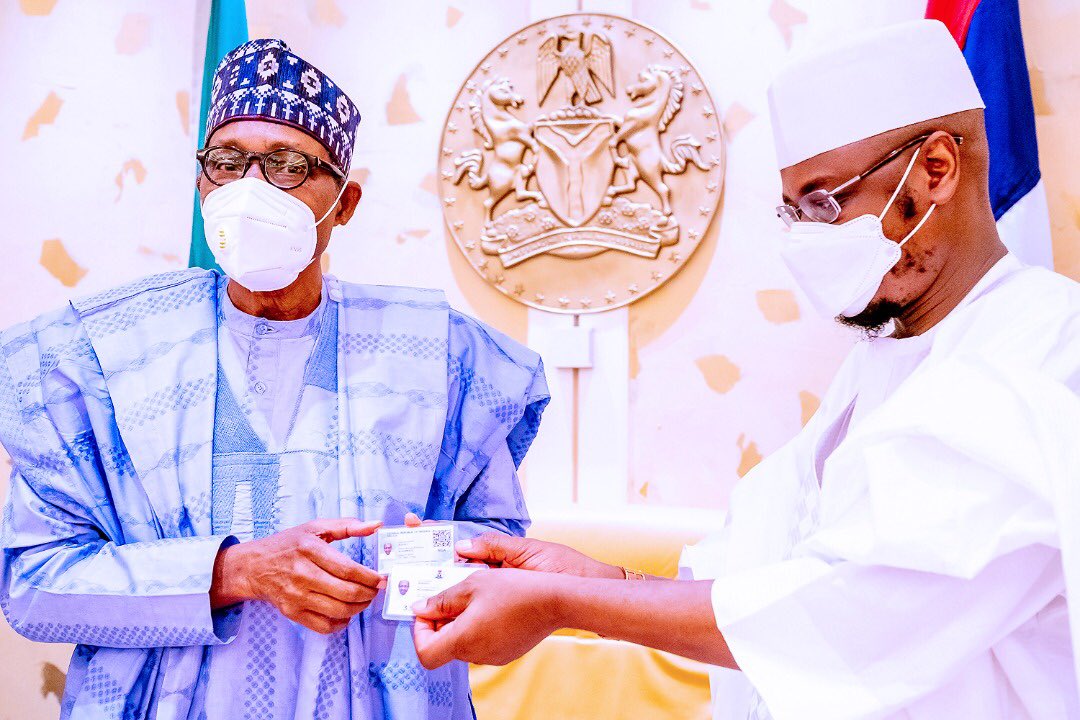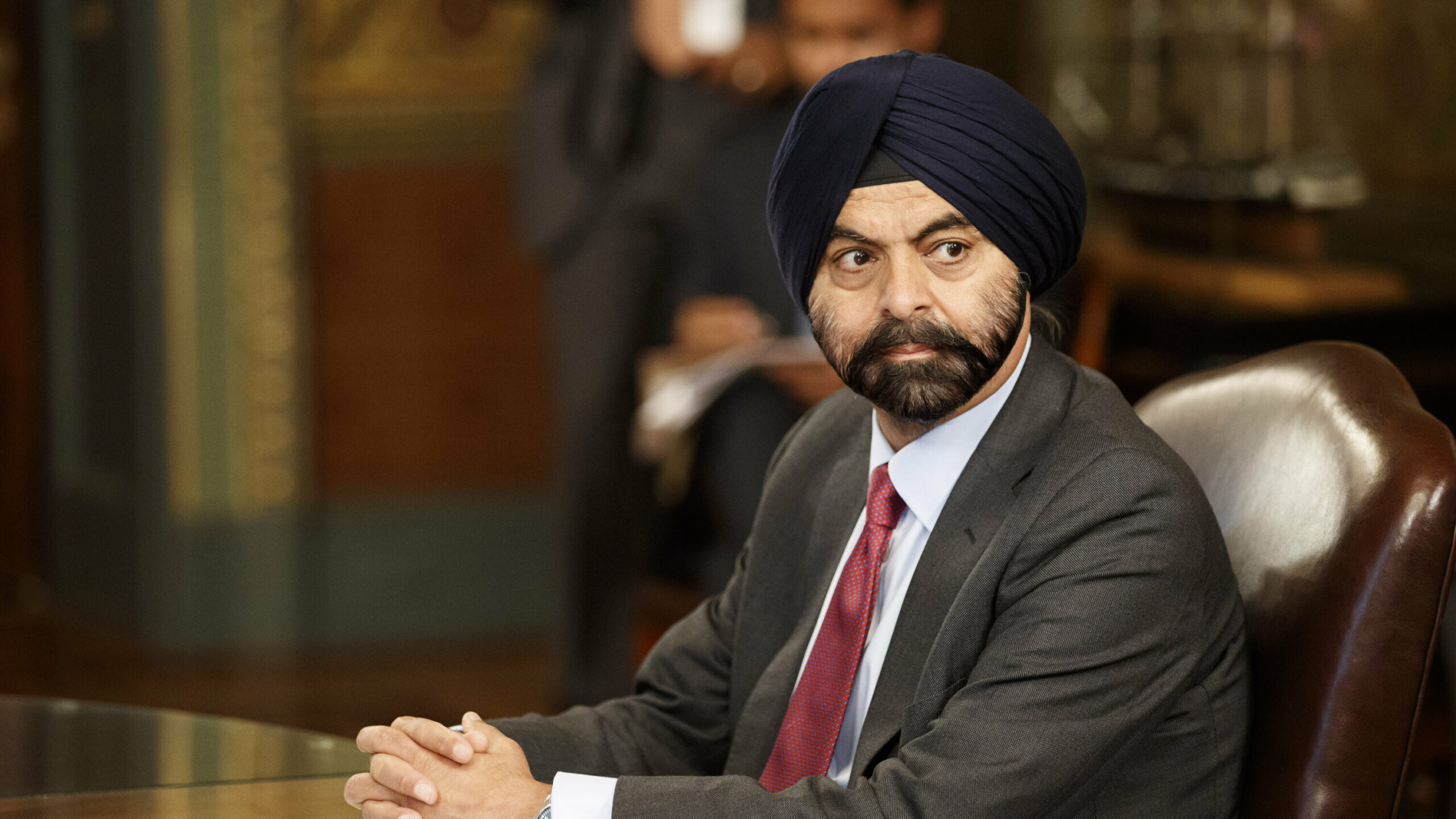President Muhammadu Buhari on Thursday said that the success of linking SIMs to National Identification Numbers, NIN, would determine the success of the ongoing war against insecurity. “Linking SIM with NIN will help Nigeria to easily identify people, including the crooks,” President Buhari said during the launch of National Policy for the Promotion of Indigenous Content in the Nigerian Telecommunications Sector and Revised National Identity Policy for SIM Cards registration in Abuja. He said “The NIN will cover one of the weaknesses in our security structure. We will be able to easily identify and know the personality of Nigerians. We will identity people easily, including the crooks.” He said the launch of the Revised National Digital Identity Policy for SIM Card Registration was quite timely and will support efforts to enhance security and develop the economy.
According to him “The National Identification Number is the foundational digital ID for the country; both Nigerian citizens and legal residents are expected to obtain the NIN. It will provide access to government services and will give government useful insights that will enable us to utilize scarce resources in a more efficient way.”
President Buhari noted that the first National SIM Policy was launched in February 2020, and the revised policies were in full alignment with the objectives of the administration in the areas of economic development, security, and anti-corruption.
He said, “The Digital Economy sector has made significant progress and recorded a number of unprecedented achievements since we expanded the mandate of the Ministry of Communications to include the digital economy mandate.
“The Information and Communications Technology sector was the fastest growing sector in both the fourth quarter of 2020 and the entire year 2020, based on the Report by the National Bureau of Statistics.
“The sector’s 14.70 per cent double-digit growth rate played a principal role in supporting our country to exit the recession triggered by the COVID-19 pandemic. The growth rate of the sector exceeded four times the next fastest-growing sector of Q4 2020, ICT Sector which had a growth rate of 3.42 per cent. This is truly commendable.”
He said, “The Federal Government embraced institutionalizing online meetings through the approval of the National Policy on Virtual Engagements in Federal Public Institutions. As a result of this, we now have virtual Federal Executive Council, virtual Council of State, and virtual National Economic Council meetings, among others, even though this development was triggered by COVID-19.
“As a country, our desire to produce what we eat, and consume what we produce is not limited to the literal meaning; rather we want to work towards being self-sufficient in every sector of the economy. For the telecom sector, we want Nigerians to play a major role in the design and manufacture of devices, in meeting the manpower requirements, and in becoming an active part of the telecommunications ecosystem of the country.
“The policy aims to achieve this and I have earlier directed the Honourable Minister of Communications and Digital Economy, Dr Isa Ali Pantami, to develop the structure for its implementation and forward this to the Nigerian Communications Commission to implement. We are confident that the execution of the Policy will further enhance our economy and lead to the creation of jobs.”














